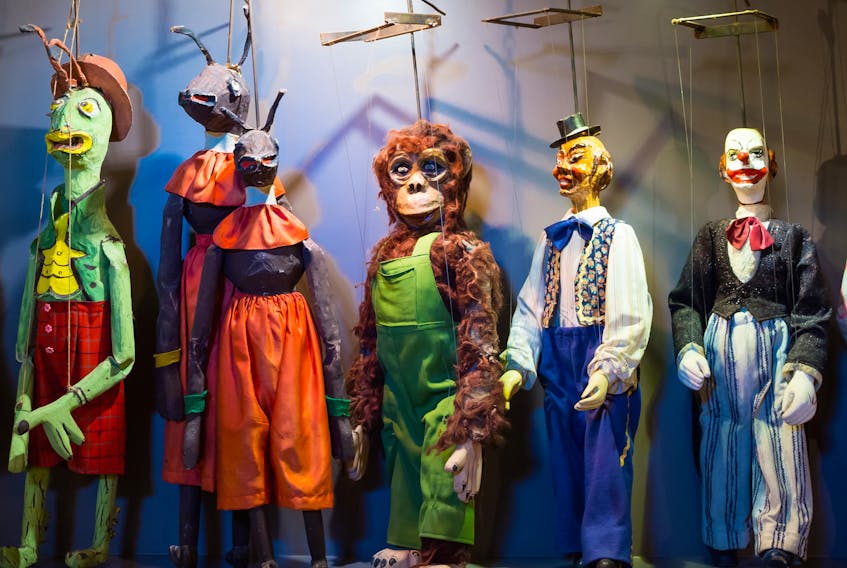“Society bristles with enigmas which look hard to solve. It is a perfect maze of intrigue.” — Honoré de Balzac (1799-1850)
It’s the questions that aren’t explored that can be the most compelling.
There are times, during the Muskrat Falls Inquiry, that nuggets of information make their way into witness testimony, offering glimpses of murky twisted paths not taken — at least not yet.

You wish you could wrap those nuggets in lengths of string, tying tight knots as handholds, and trace your way back to their origins through the labyrinth that is the pre-sanction phase of the Muskrat Falls project.
To be sure, the lawyers representing various key players are asking the questions that need to be asked in the best interests of their clients.
But what of the mysteries never solved and not pursued?
How much of the information teased out during questioning will be fully dissected exposed to the public?
And does anyone care?
I got an email a few days ago from a citizen who’s observing the inquiry closely and it raised several issues. Among them: “Are people paying any attention?”
It’s a good question. I hope so. Particularly when unsettling details are unearthed, as they were this week.
We should all be paying attention.
Case in point: when Nalcor’s chief financial officer, Derrick Sturge, was on the stand on Wednesday and Thursday, he gave perplexing testimony about how there were times when he felt he had not been given the kind of key information that you would expect a CFO to have.
He said, for example, that he did not feel he had the latest numbers on capital expenditures, or the amount of risk at stake in the multi-billion-dollar hydroelectric project.
More disturbing was Sturge’s revelation that he felt uncomfortable on two significant occasions — once when there was a “strong suggestion” that project financing be awarded to CIBC, rather than to other financial institutions.
He resisted that pressure and the financing was ultimately handled by a group of Canadian banks.
But who made the strong suggestion, and why? And why CIBC?
Even though he rebuffed both overtures and nothing ever came of them, shouldn’t we get to the bottom of who was at least attempting to pull strings, if that’s what was happening?
On another occasion, Sturge said, it was suggested that certain capital costs for Muskrat Falls be transferred to the Gull Island file — in other words, made to seem part of the budget for a project not yet developed; a project once deemed a “dead duck” in a commentary piece in the Financial Post.
Sturge says he didn’t know who was pushing for CIBC to handle the financing; nor did he say who wanted to make the Muskrat Falls capital costs appear to be less than they were.
Even though he rebuffed both overtures and nothing ever came of them, shouldn’t we get to the bottom of who was at least attempting to pull strings, if that’s what was happening?
And if a person or persons or entities were unsuccessful in the face of Sturge’s integrity, did they succeed in other manoeuvrings, if there were others?
I’m no conspiracy theorist, but the questions are there, dangling in the dark like shoes not yet dropped.
I wrote at the beginning of this piece that information makes its way into the inquiry, as if it was a happenstance kind of thing. But, in fact, that’s not the case.
The pressures Derrick Sturge spoke of were brought out during questioning from his own lawyer, David Buffett. It’s safe to say Sturge was expecting them.
Buffett asked: “Was there ever a time that you were asked to do something that you didn’t want to do, or felt uncomfortable in doing, and what was your reaction when you were asked that?”
What is the implication of the question and what was the purpose in asking it?
Surely, it’s to signal to the Commission of Inquiry that disconcerting pressures had been applied.
What did Sturge’s answers reveal?
That he resisted those pressures.
But who, if anyone, did not?
Pam Frampton is a columnist whose work is published in The Western Star and The Telegram. Email [email protected]. Twitter: pam_frampton
Recent columns by this author









